Happy Kids, Healthy Smiles, Zero Stress
Fun, Friendly, and Tooth Fairy Approved

Text OWL to 972-885-9670 to get started!
OR
400+ 5-Star Google Reviews ⭐⭐⭐⭐⭐
You want to make sure that your kiddo enjoys going to the dentist.
❌ You may worry about how your child will feel during dental visits.
❌ It can feel overwhelming to find a kid-friendly dentist you trust
❌You might not know when it’s the right time to bring your child in.
❌ Juggling your schedule with your child’s appointments can be tricky.
❌ You might wonder if early care for baby teeth is really needed.
Dental Care for the Whole Family, Including Your Little Ones
Caring for Smiles of All Ages Under One Roof

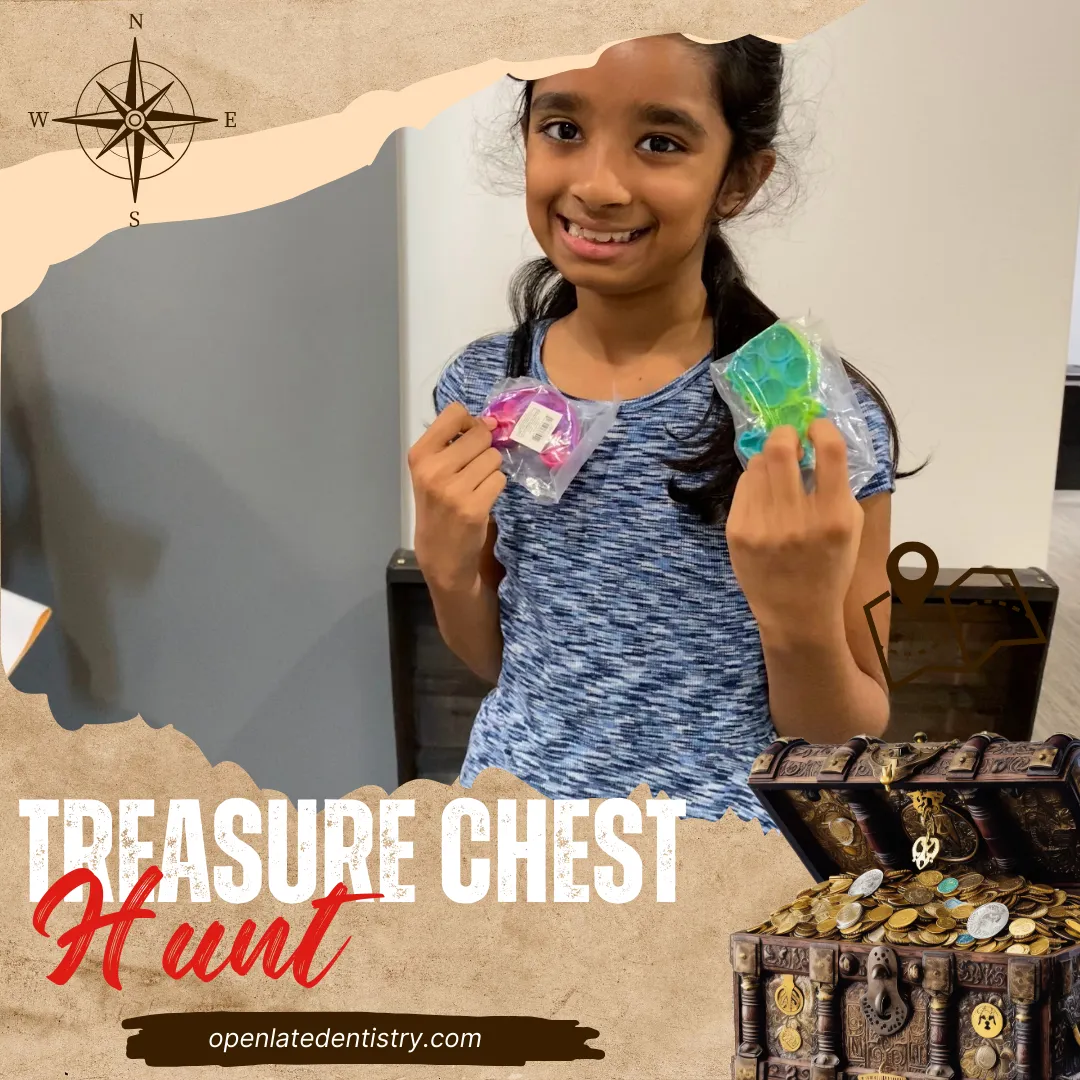
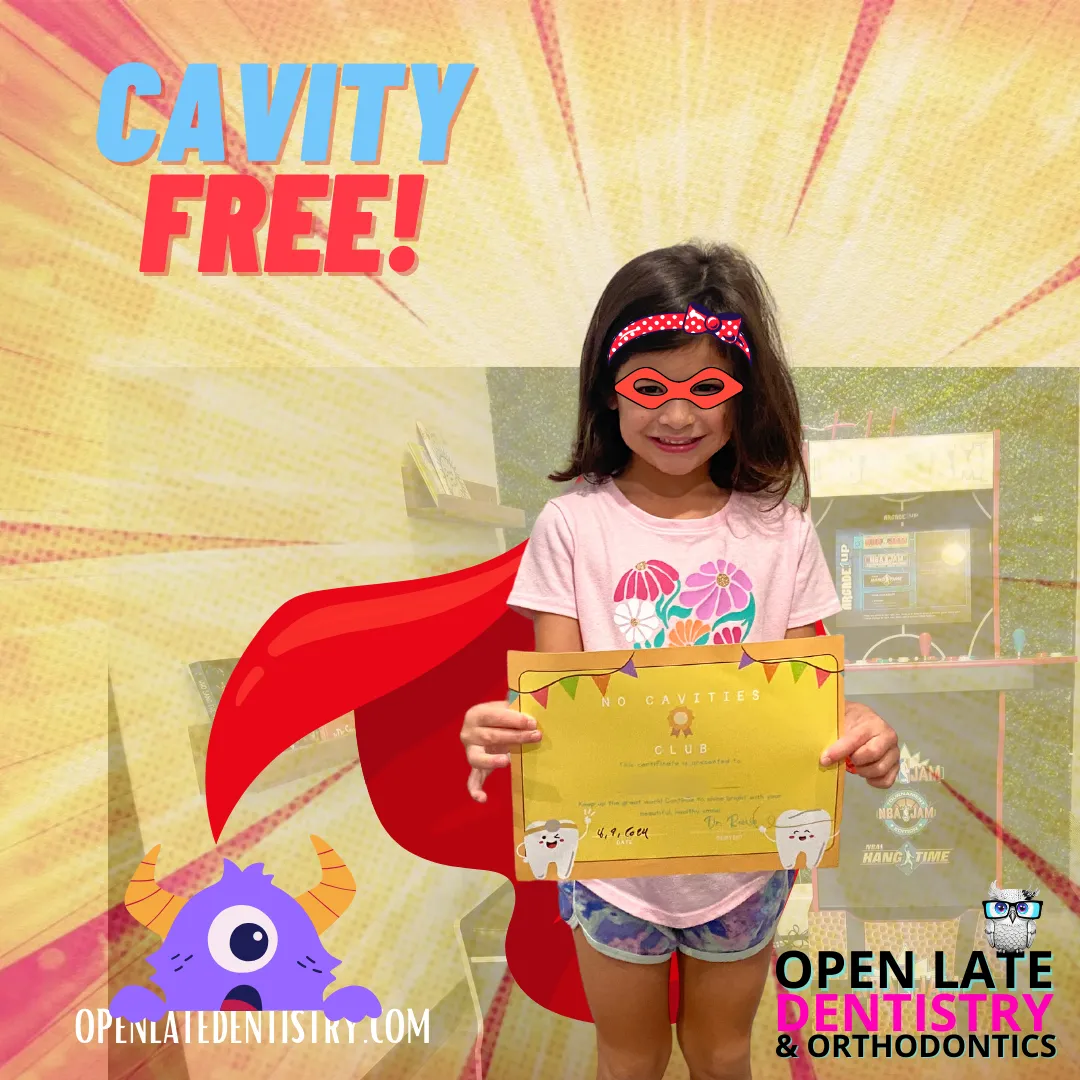
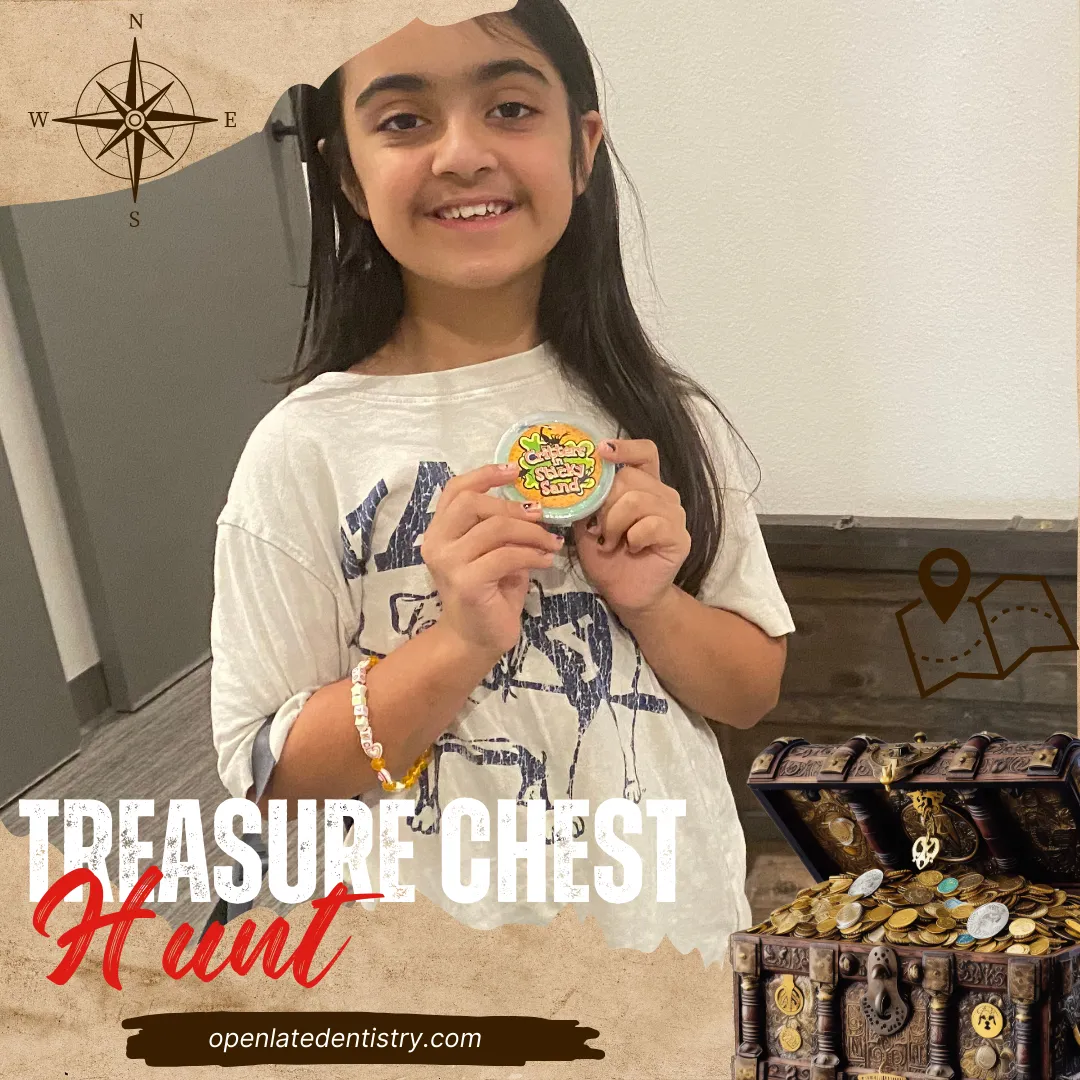
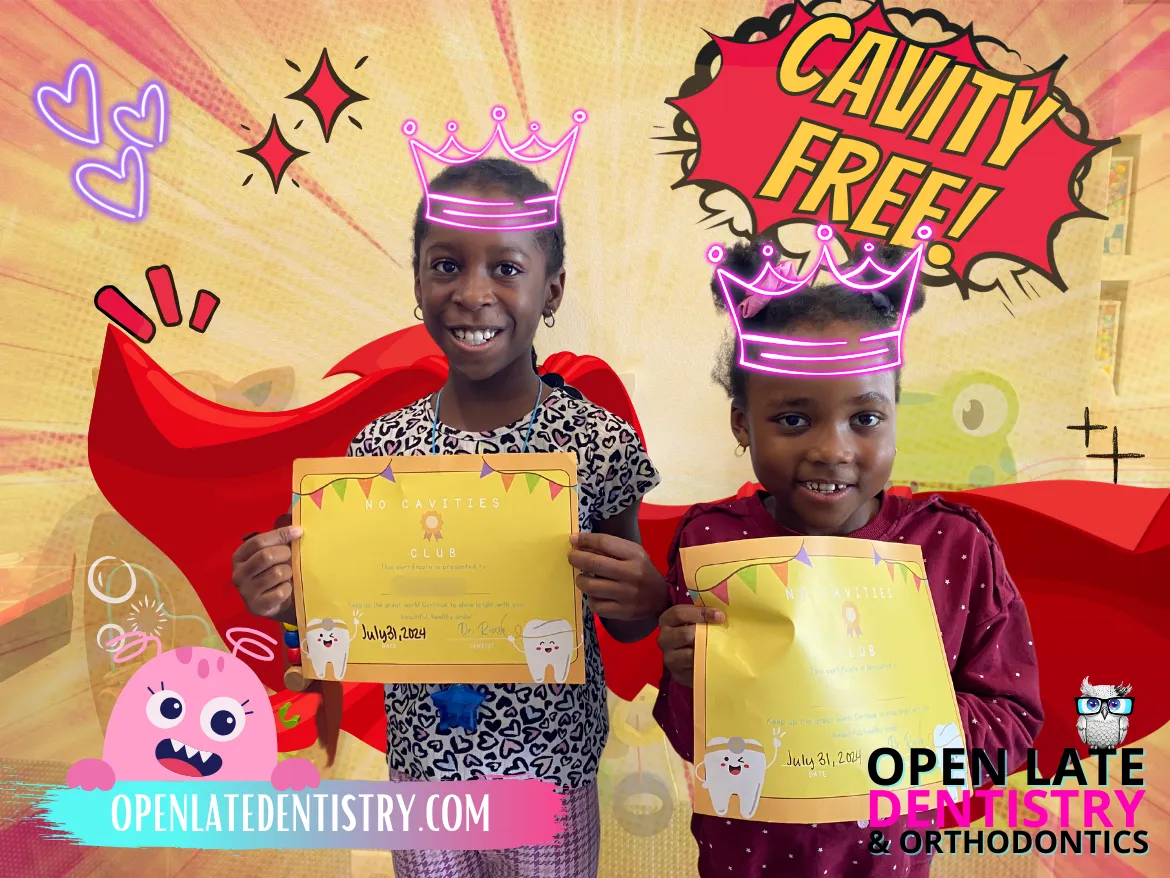
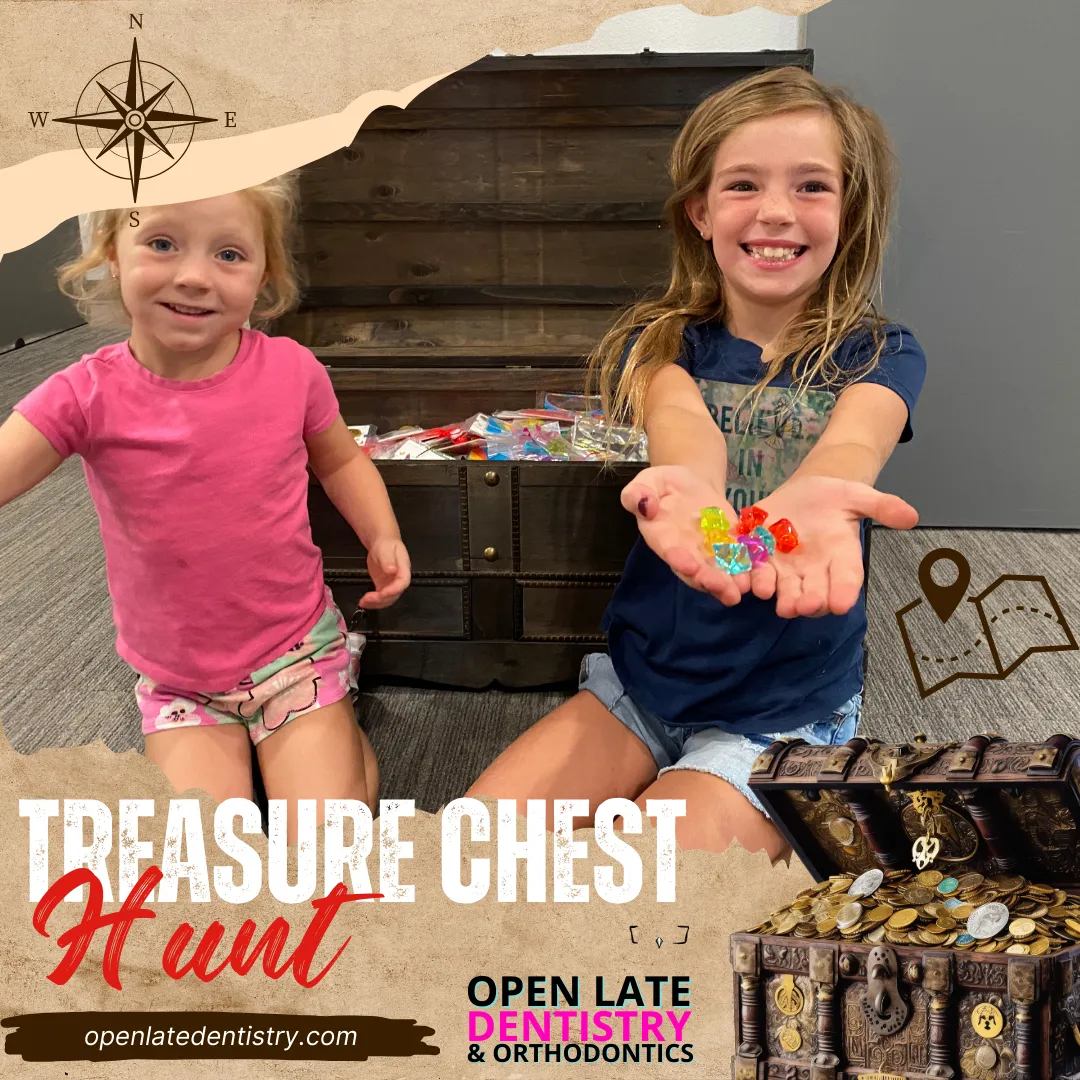

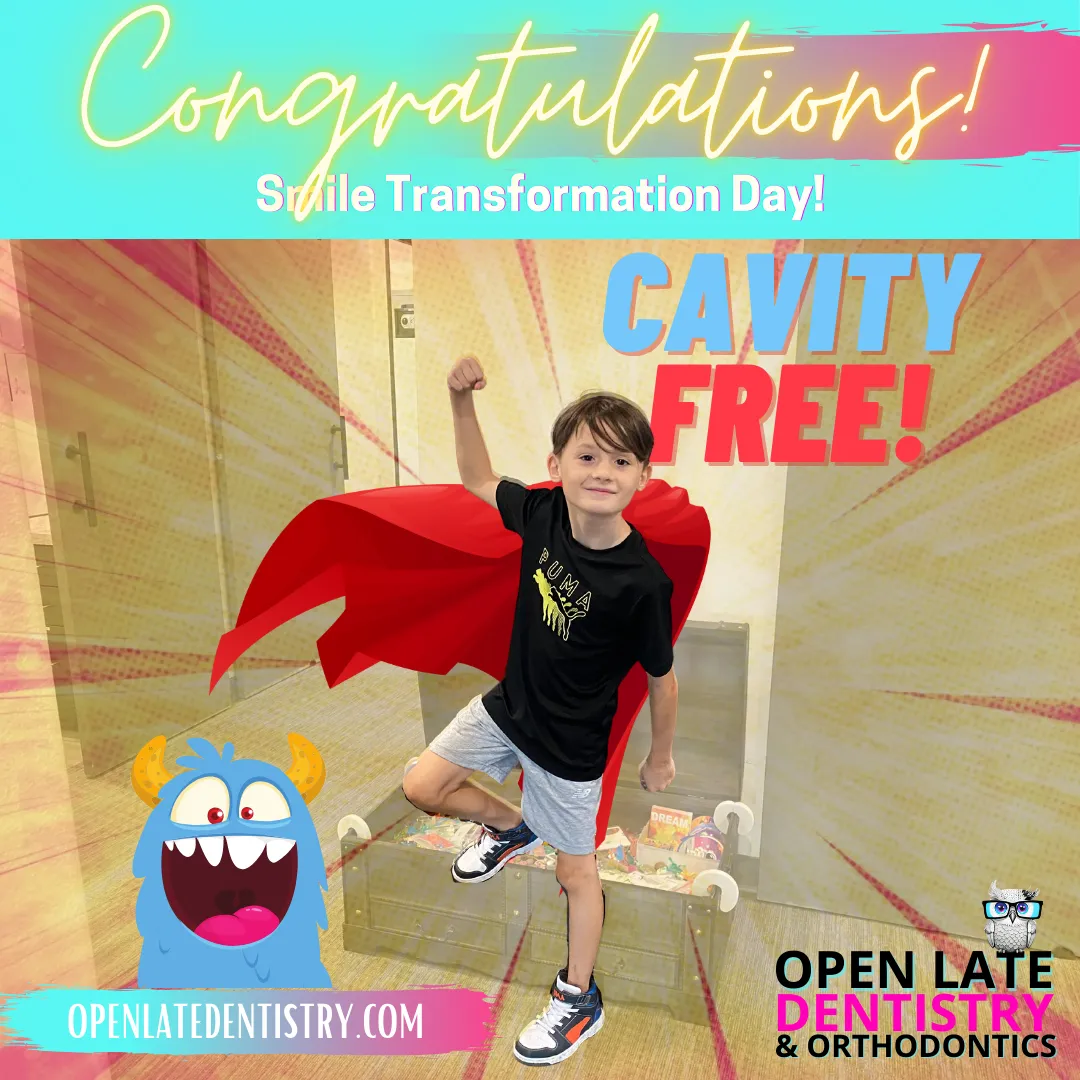
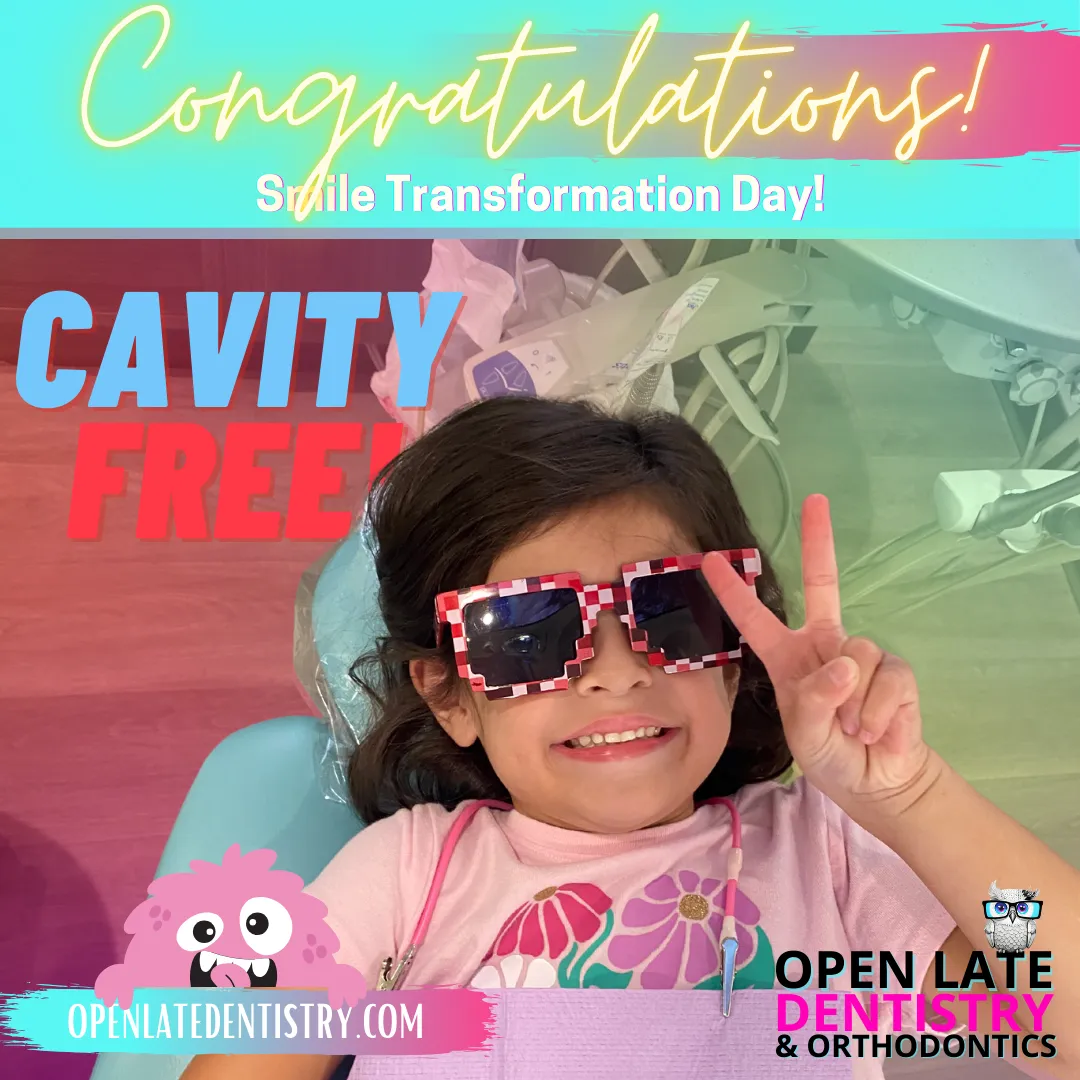
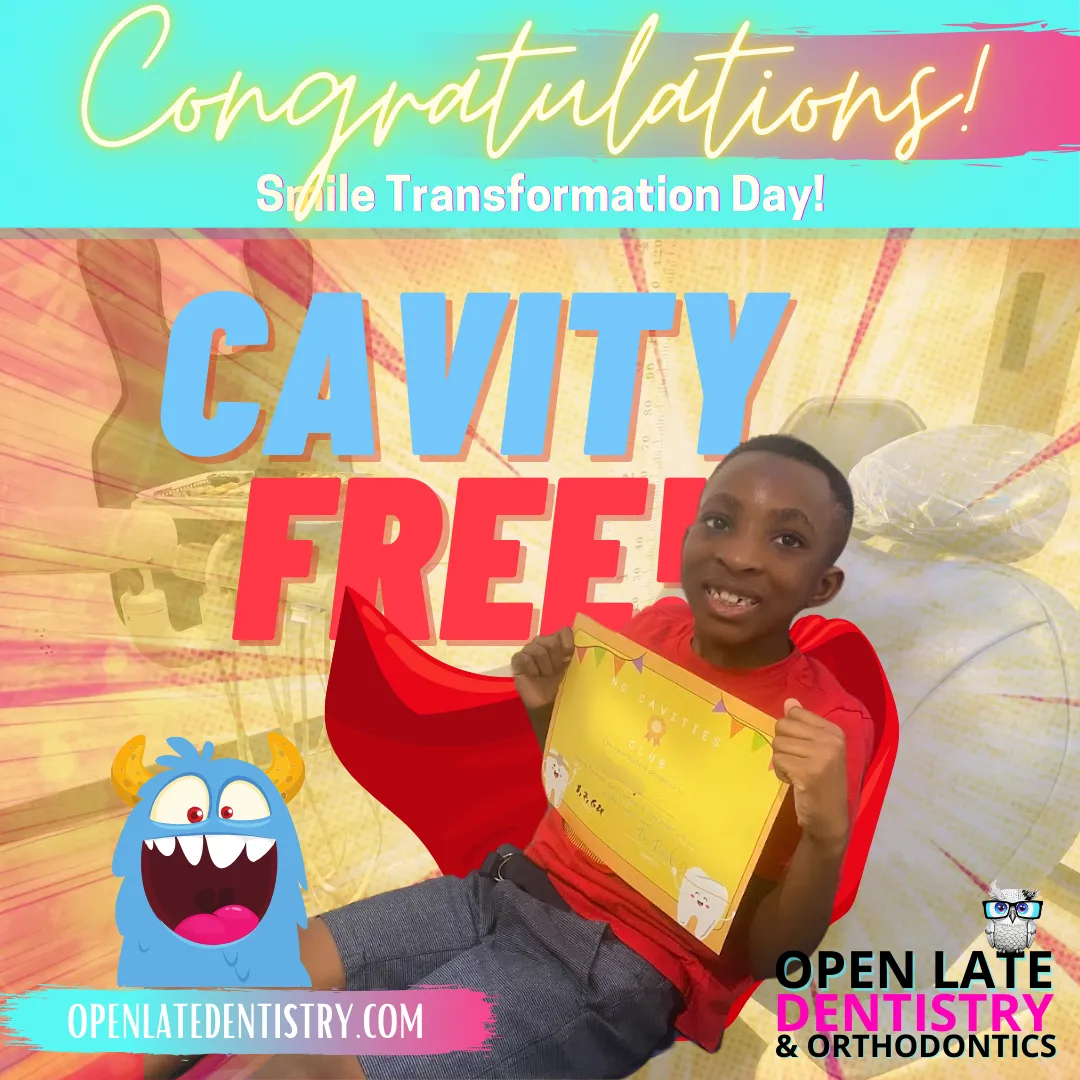
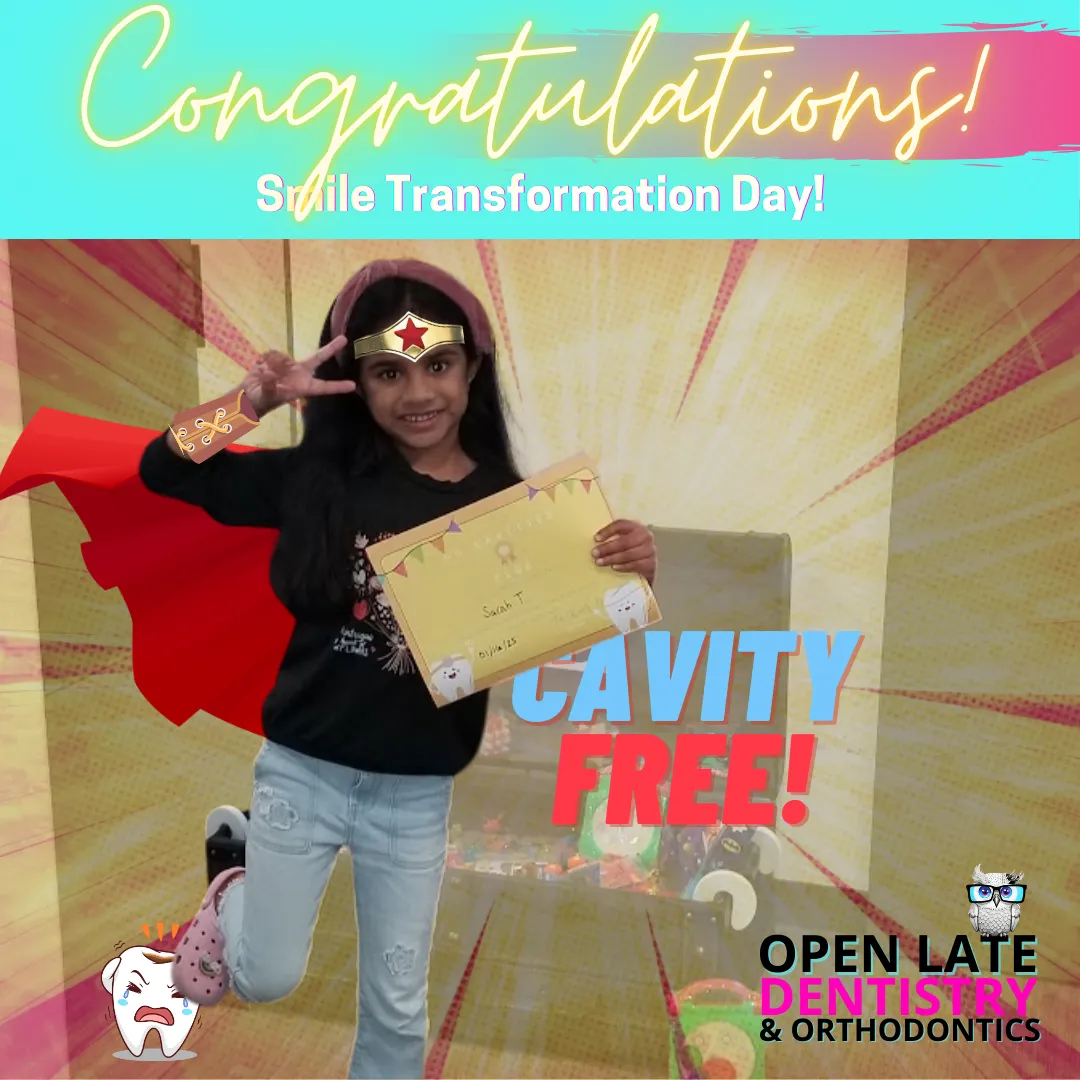


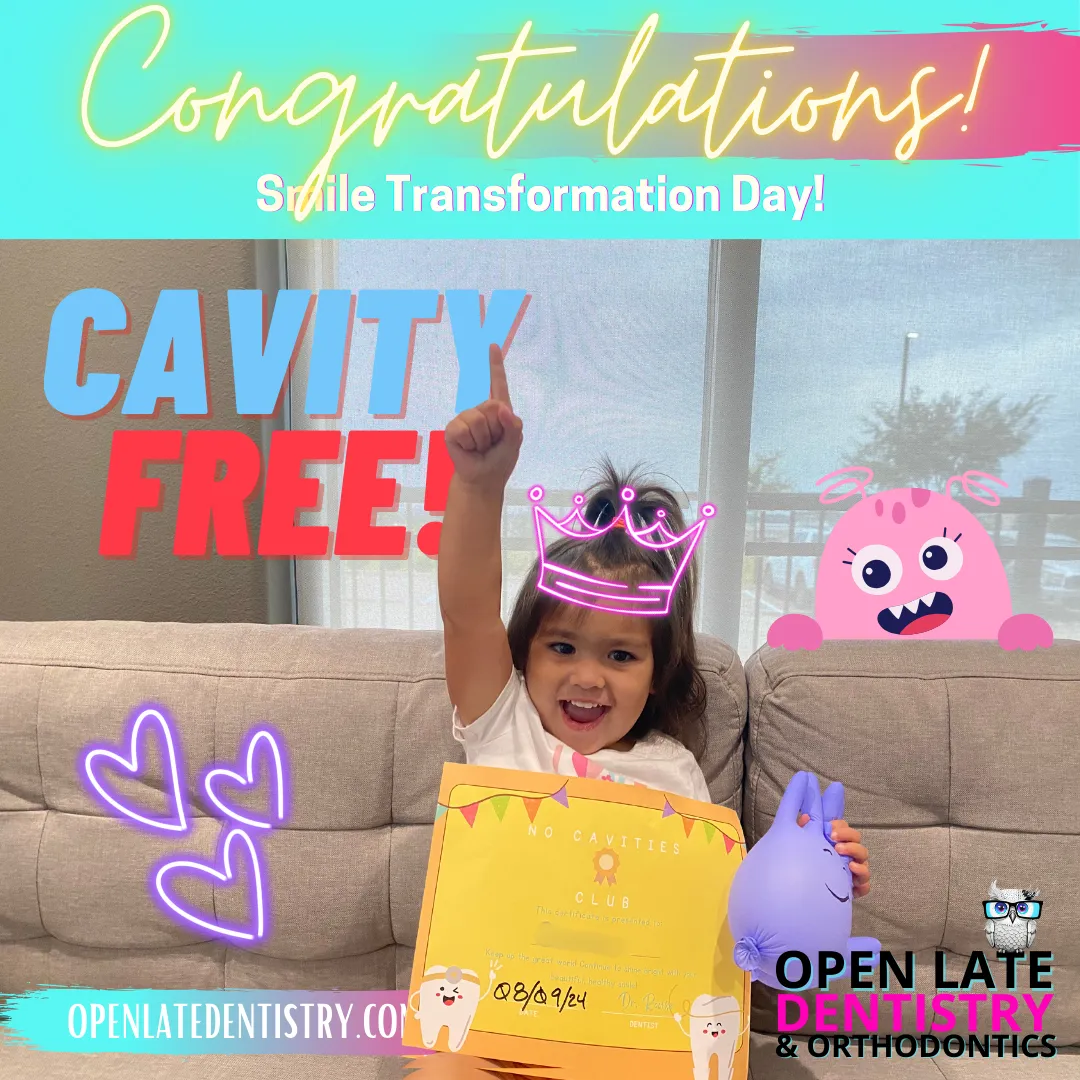
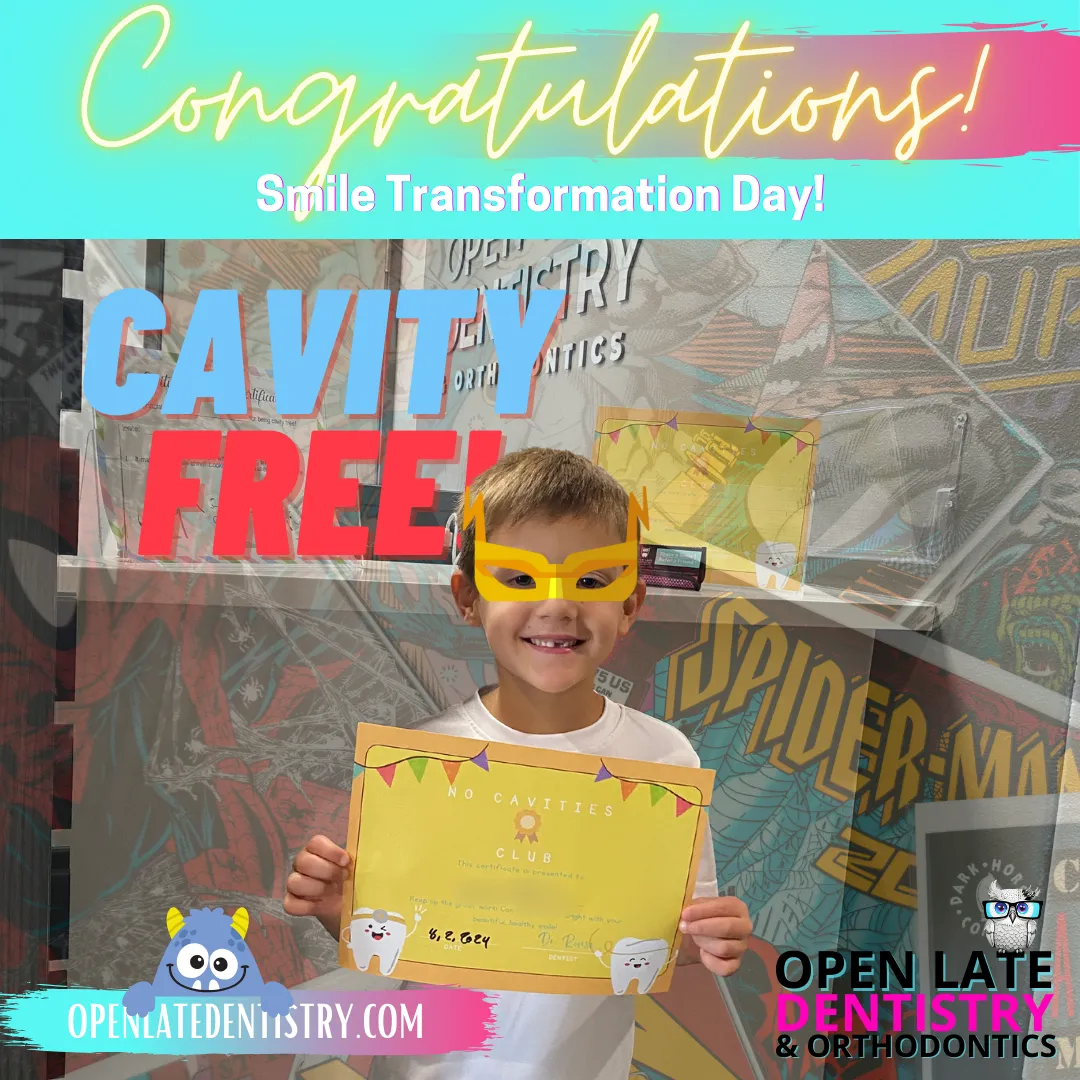
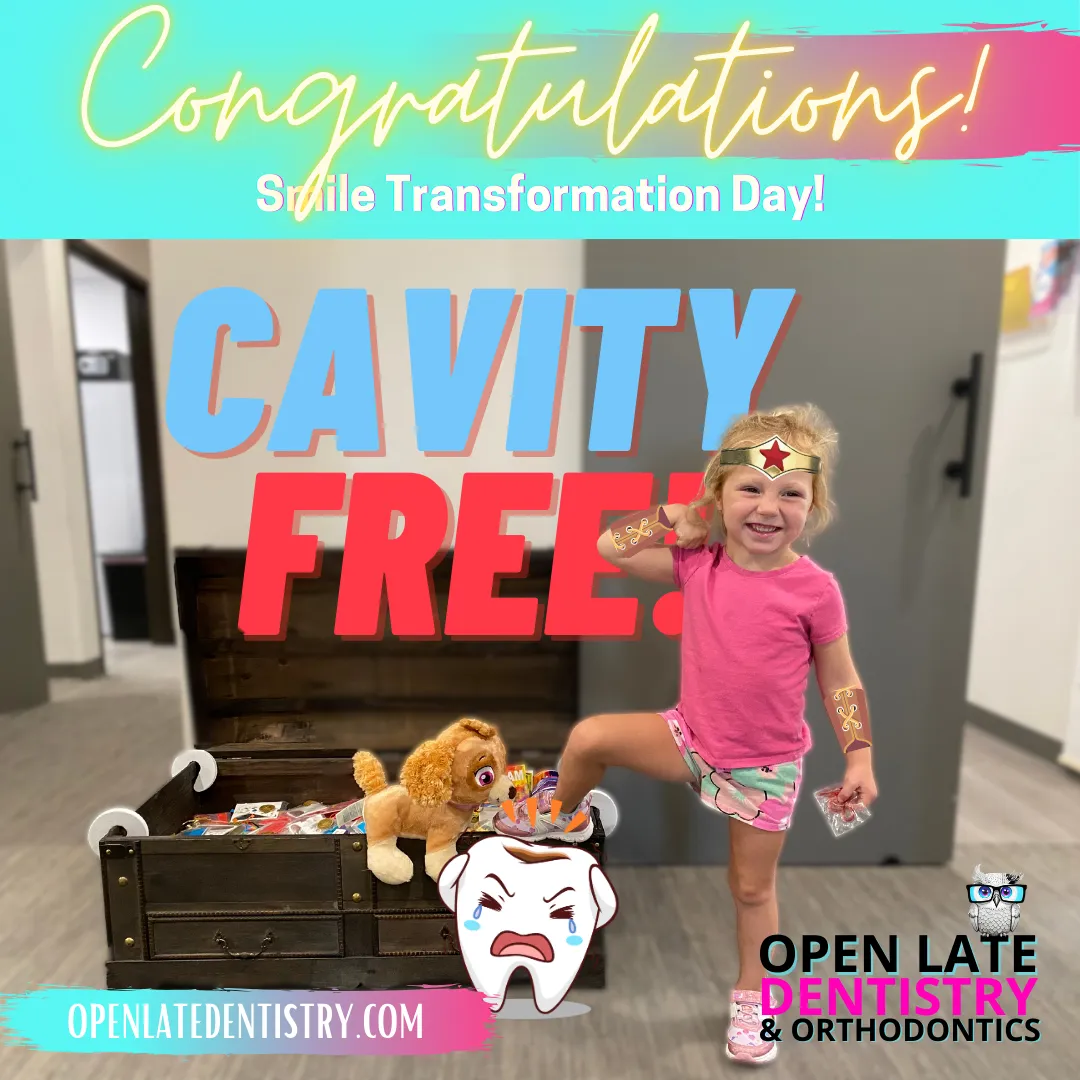
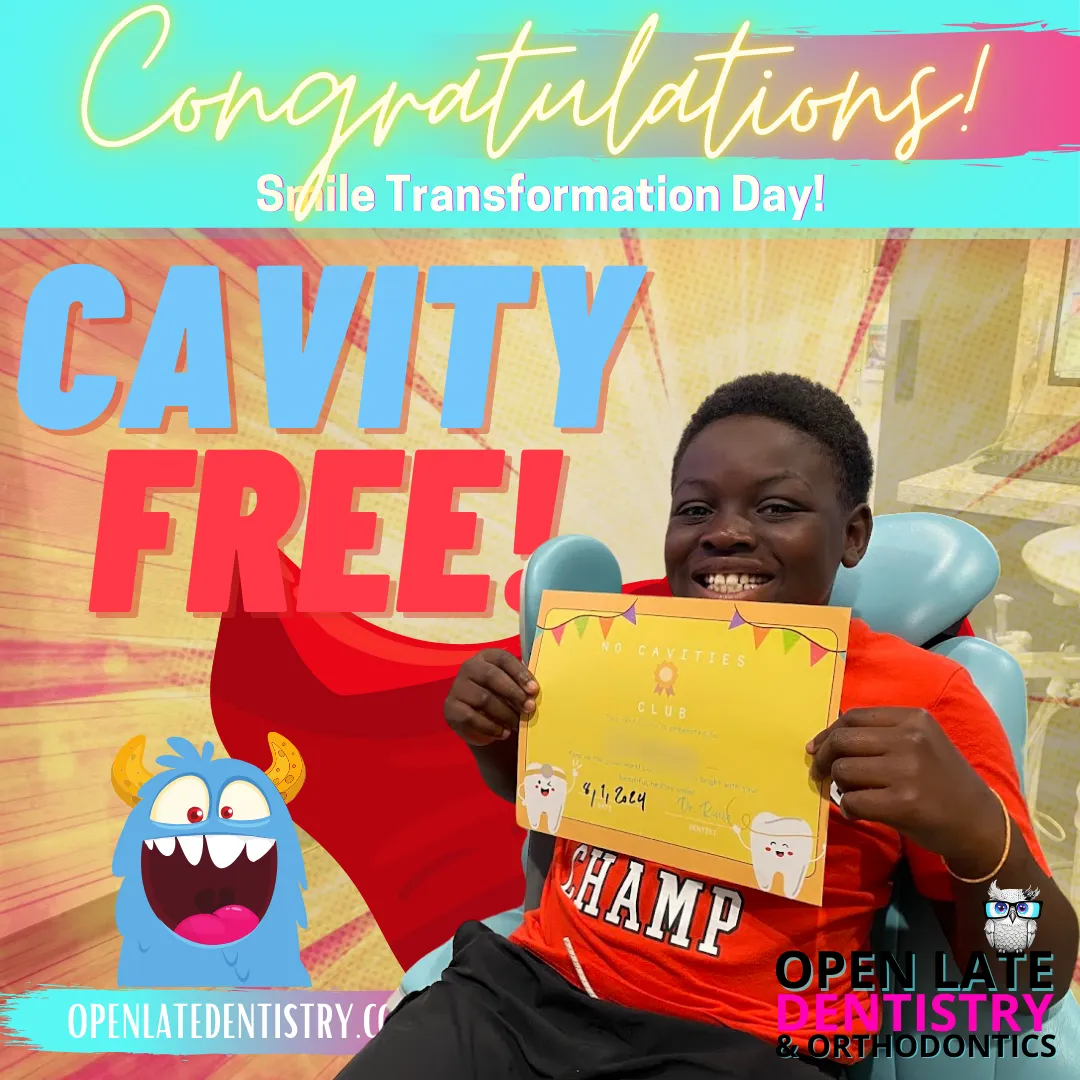

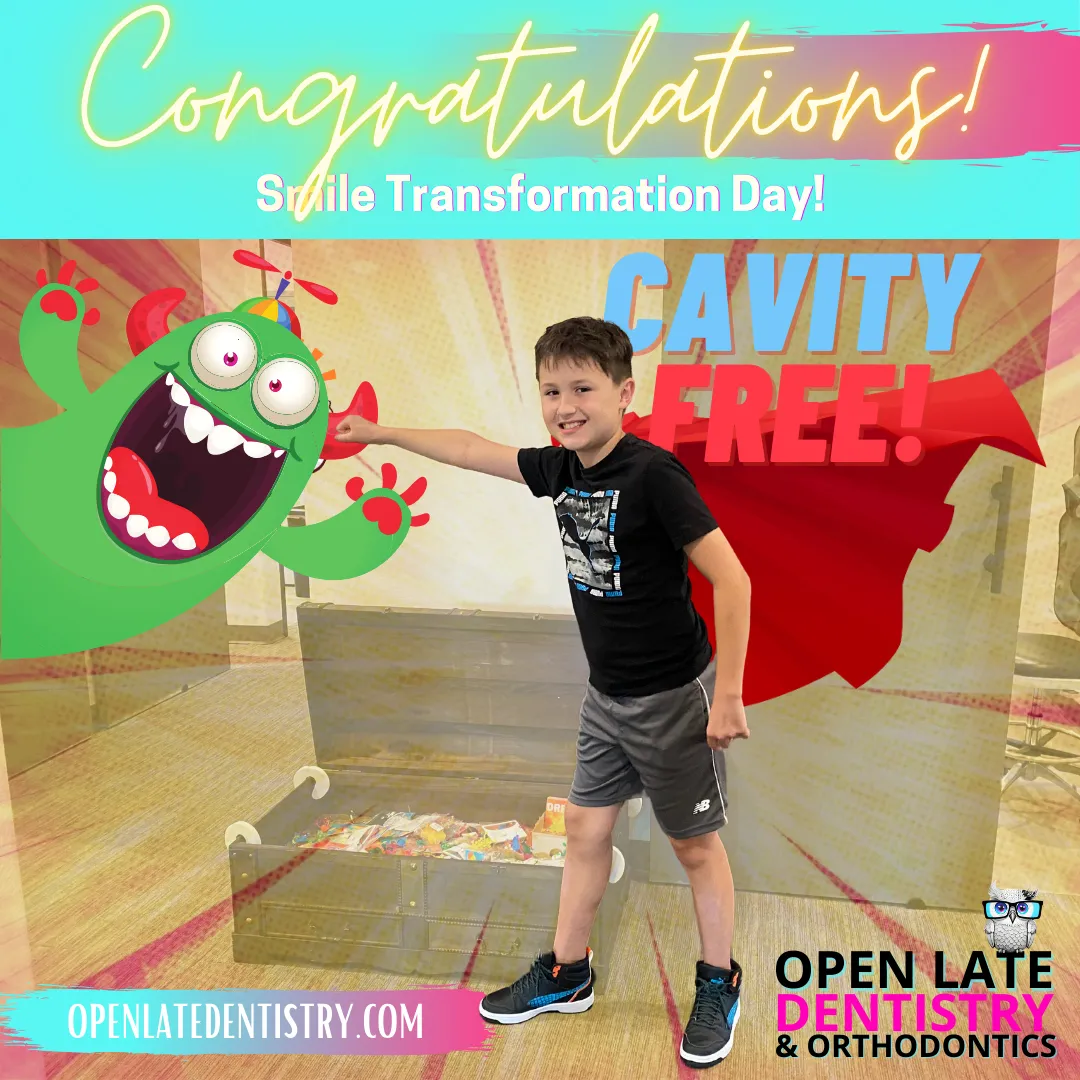
Tour our office
Wanna see what our office is all about?
The Importance of a Pediatric Dental Cleaning
1. The dentist gets to evaluate the oral habits of the child and caregiver
2. The dentist gets to monitor the growth and development of the child’s mouth
3. Dental cleaning prevents plaque and tartar accumulation
4. Routine dental cleaning comes with cost savings
Why Open Late Dentistry?

Advanced Tech. Better Smiles
"These guys are an amazing team! Always on time, thorough, professional and friendly! All the new technology too. Highly recommend"
Susan D.
⭐⭐⭐⭐⭐

An Environment You’ll Love
"I always have a great experience at Open late dentistry. The environment and the infrastructure is great and the doctor is amazing."
Gokul H.
⭐⭐⭐⭐⭐

Easy Online Booking
"Had a wonderful experience at the Dentist today. The ease of booking an appointment online and the atmosphere were enough to put me at ease. The Dr and staff were both personable which made the process a breeze. I definitely recommend their services at Open Late Dentistry"
Kristin H.
⭐⭐⭐⭐⭐
Check Our Pricing
Ready to find the perfect plan? Explore our transparent rates and choose what's right for you!
See Our OVER 400+ Google Reviews with 5 STAR RATINGS
Don't just take our word for it. When it comes to who you trust your dental care with, see what our Celina-area residents are saying about the Open Late Dentistry and Orthodontics Team
See Our OVER 400+ Google Reviews with 5 STAR RATINGS
Don't just take our word for it. When it comes to who you trust your dental care with, see what our Celina-area residents are saying about the Open Late Dentistry and Orthodontics Team
See Our OVER 400+ Google Reviews with 5 STAR RATINGS
Don't just take our word for it. When it comes to who you trust your dental care with, see what our Celina-area residents are saying about the Open Late Dentistry and Orthodontics Team
See Our OVER 400+ Google Reviews with 5 STAR RATINGS
Don't just take our word for it. When it comes to who you trust your dental care with, see what our Celina-area residents are saying about the Open Late Dentistry and Orthodontics Team
PEDIATRIC DENTAL CLEANING F.A.Q.'s
Why is pediatric dentistry important?
Pediatric dentistry ensures children’s teeth and gums are healthy as they grow. It also teaches kids proper oral hygiene habits early in life.

How can I prepare my child for their dental appointment?
You can explain what will happen in a positive tone, read books about going to the dentist, or show them fun videos about dental visits.

What should I do if my child is anxious about visiting the dentist?
Our office is designed to make kids feel comfortable with a friendly environment, and we offer gentle care to ease their worries.

My kids adult tooth is coming out from behind his baby tooth on the bottom.
If the baby tooth is wiggling or loose, it is best to wait and see if that tooth will come out naturally on its own. However, if the baby tooth is not loose, your child may need to have their baby tooth extracted.

What to expect from a pediatric dental cleaning
Dental cleaning is the third and final step of a routine dental checkup. The first is a thorough dental exam that may or may not include dental x-rays. If the dentist finds any dental problems at this stage, they will recommend a corrective procedure. If the child’s teeth are in good shape, the dentist will:
Scrub their teeth, using mild but gritty toothpaste and a gentle toothbrush or soft cloth
Gently floss between the teeth
Rinse the teeth
Apply sealant or fluoride to protect their teeth
Pediatric dentists will take every possible measure to make the procedure a calm and stress-free process.

When should a child begin going to the dentist?
For routine care, children can begin going to the dentist as soon as their first tooth erupts, but should begin going no later than their first birthday. Parents who have concerns about anything related to their child's mouth are welcome to see a pediatric dentist at any age.
How often should my child visit the dentist?
We generally recommend scheduling a checkup every six months. Depending on the circumstances of your child’s oral health, we may recommend more frequent visits.
Why is it important to take care of baby teeth?
Primary, or "baby," teeth are important for many reasons. Not only do they help children speak clearly and chew naturally, they also aid in forming a path that permanent teeth can follow when they are ready to erupt. Early loss of primary teeth can increase the likelihood of requiring braces when secondary (adult) teeth start coming in. Baby teeth that get cavities can cause pain and infection long before they will be coming out on their own (The second baby molars are not normally lost until a child is 12 years old!). If these cavities are left untreated, the infection can actually spread through the rest of the body potentially leading to life-threatening infections. Any type of treatment of cavities is never as perfect or ideal as the natural tooth, and many children can have difficulty tolerating dental procedures. While dentists are trained in treating these dental problems, the best solution is to take care of baby teeth and prevent decay from the beginning. The goal of early visits to a pediatric dentist is aimed at prevention for these very reasons.
My kid loves candy. What can I do to protect his teeth?
For dental health and overall health, candy and other "junk food" should be considered a treat and not a regular part of your child’s diet. However, some types of candy can be more harmful to teeth. The longer the sugar from the candy sticks to your teeth, the more damage it does. Candy that is extremely sticky, such as taffy or caramel, is particularly bad for teeth. Try to pick candy like chocolate that melts away and does not not linger on the teeth as long. Avoiding tacky candies is also important to prevent pulling sealants, crowns, or fillings off of teeth as well. If candy is consumed, try to brush your child’s teeth as soon afterwards as possible to prevent sugar from being on the teeth for as long.
Why Should My Kids See Open Late Dentistry for Their First Visit?
Baby teeth growing behind adult teeth
One common dental concern parents have with their children’s teeth is when their adult teeth come in before their baby teeth are out. This can cause crowding, toothaches, and even a condition that is sometimes referred to as “shark teeth” or when there are two rows of teeth. Although shark teeth may seem concerning, it is easily treatable and is actually common among children.

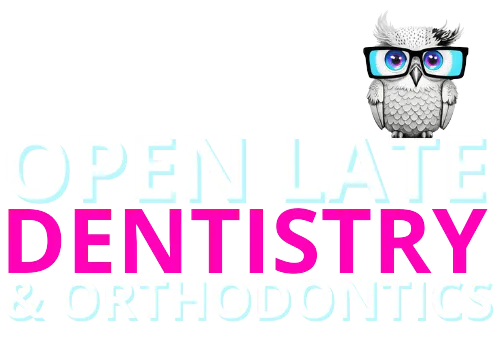
OFFICE HOURS
TUESDAY: 12:00 PM - 6:00 PM
WEDNESDAY: 12:00 PM - 6:00 PM
THURSDAY: 11:00 AM - 7:00 PM
FRIDAY: 10:00 AM - 5:00 PM
SATURDAY: 10:00 AM - 2:00 PM
(Select Saturdays Only)
Contact Us
TEXT us at: 972-885-9670



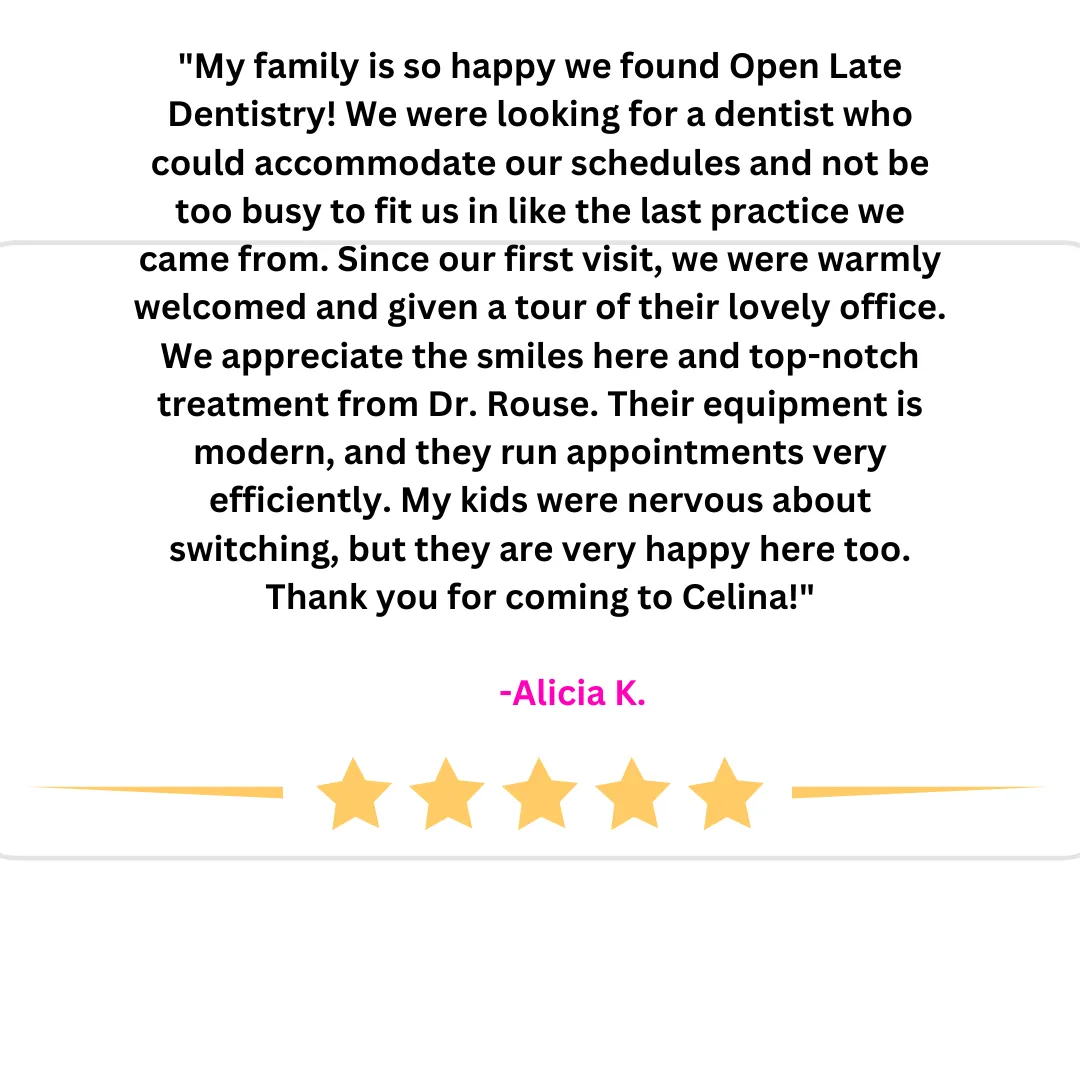

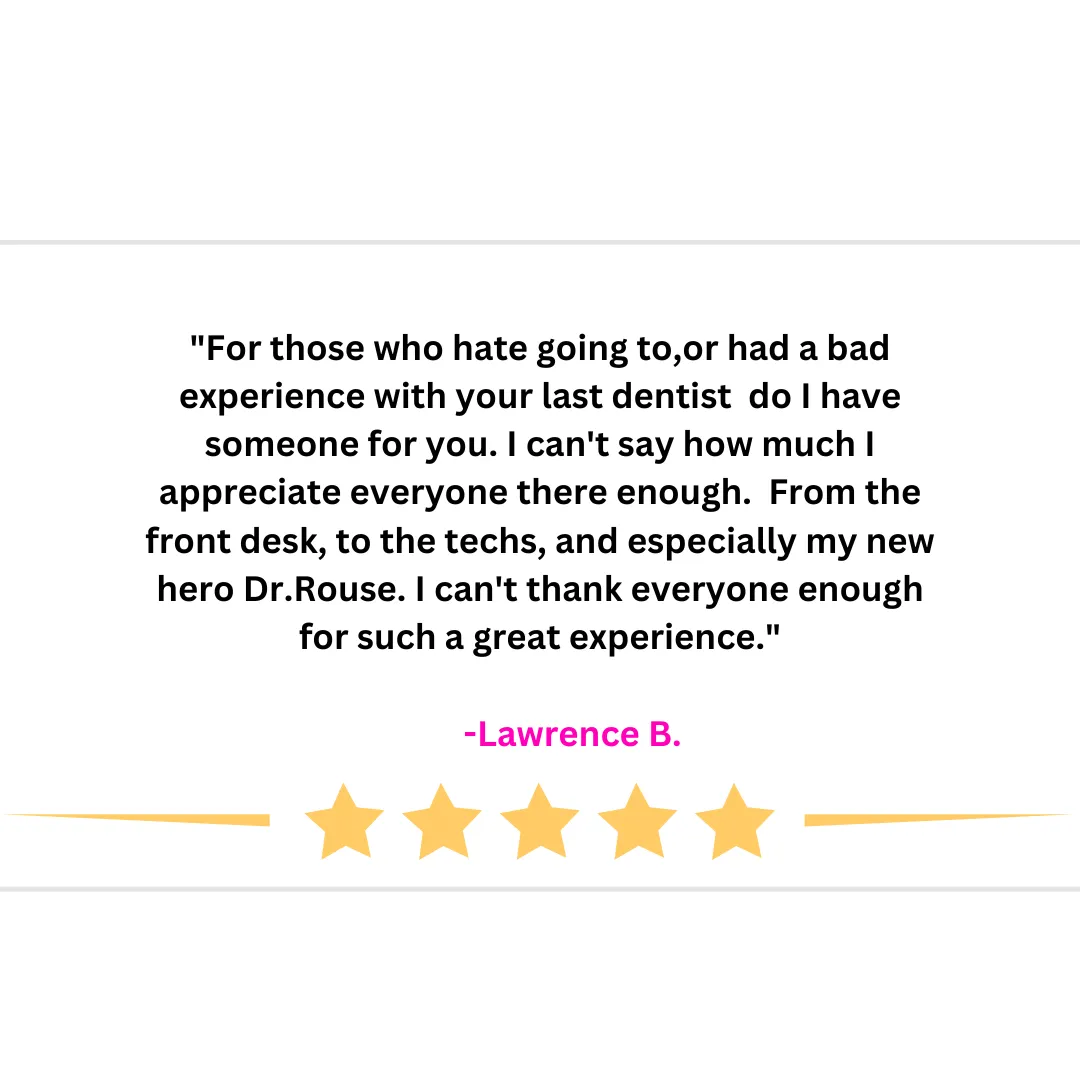

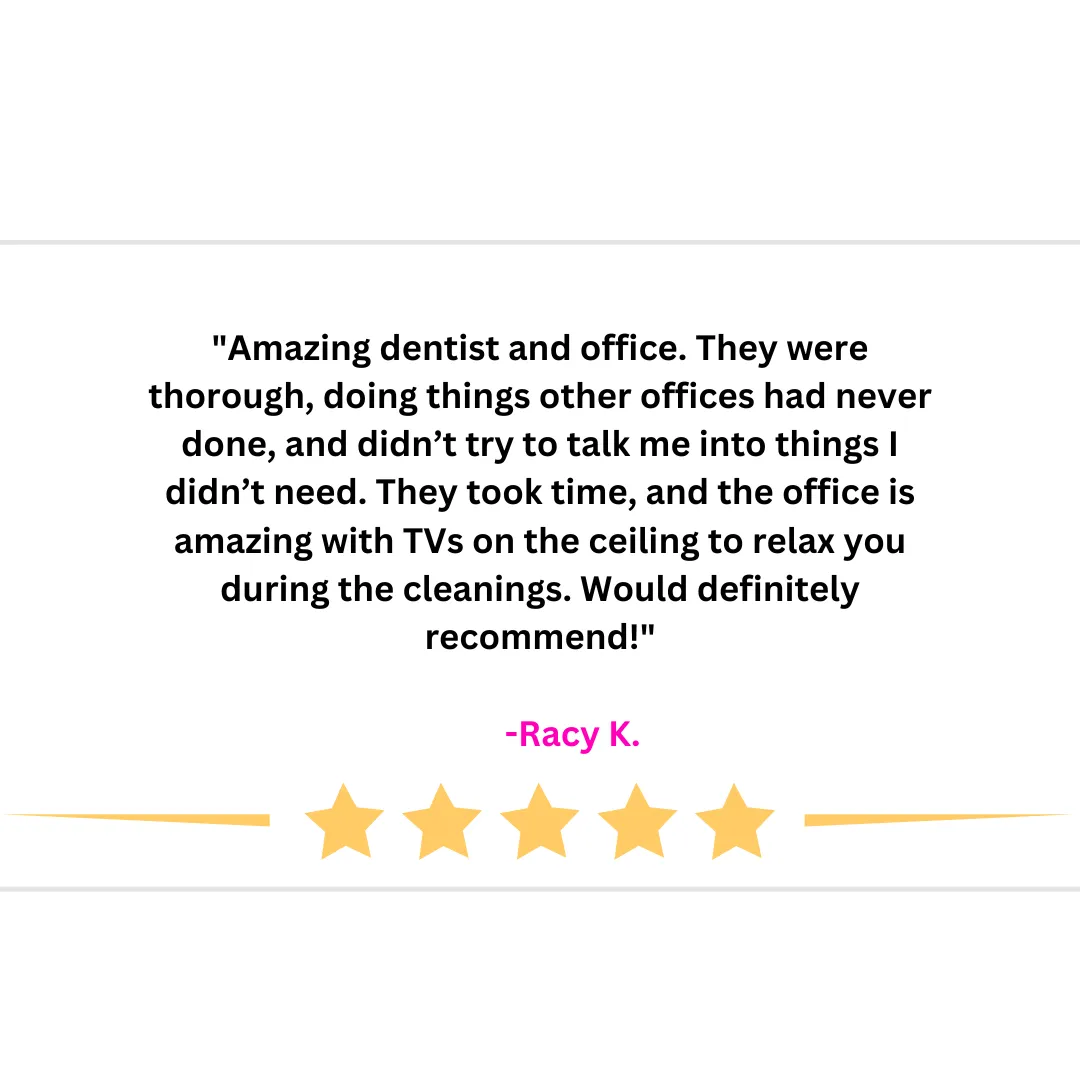



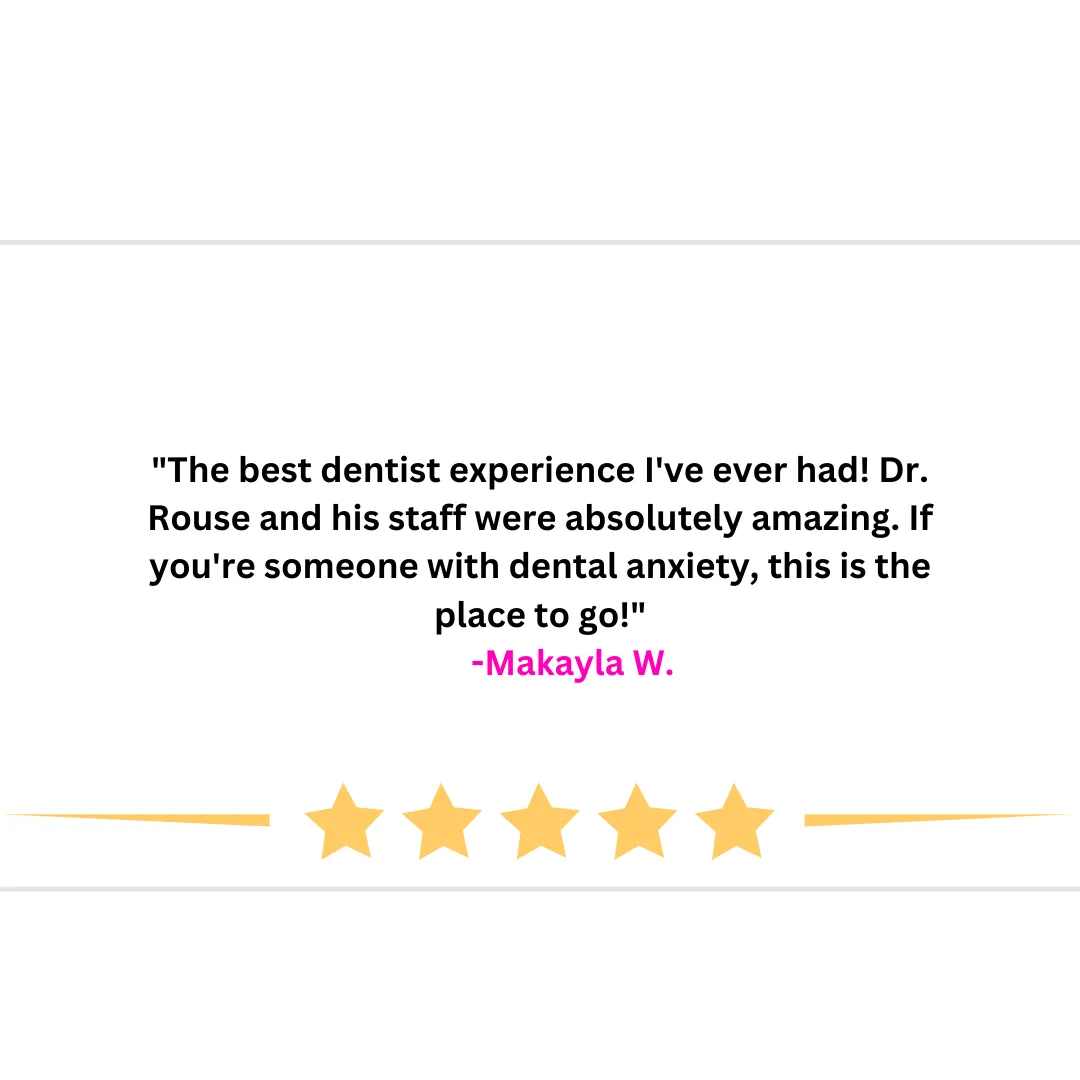



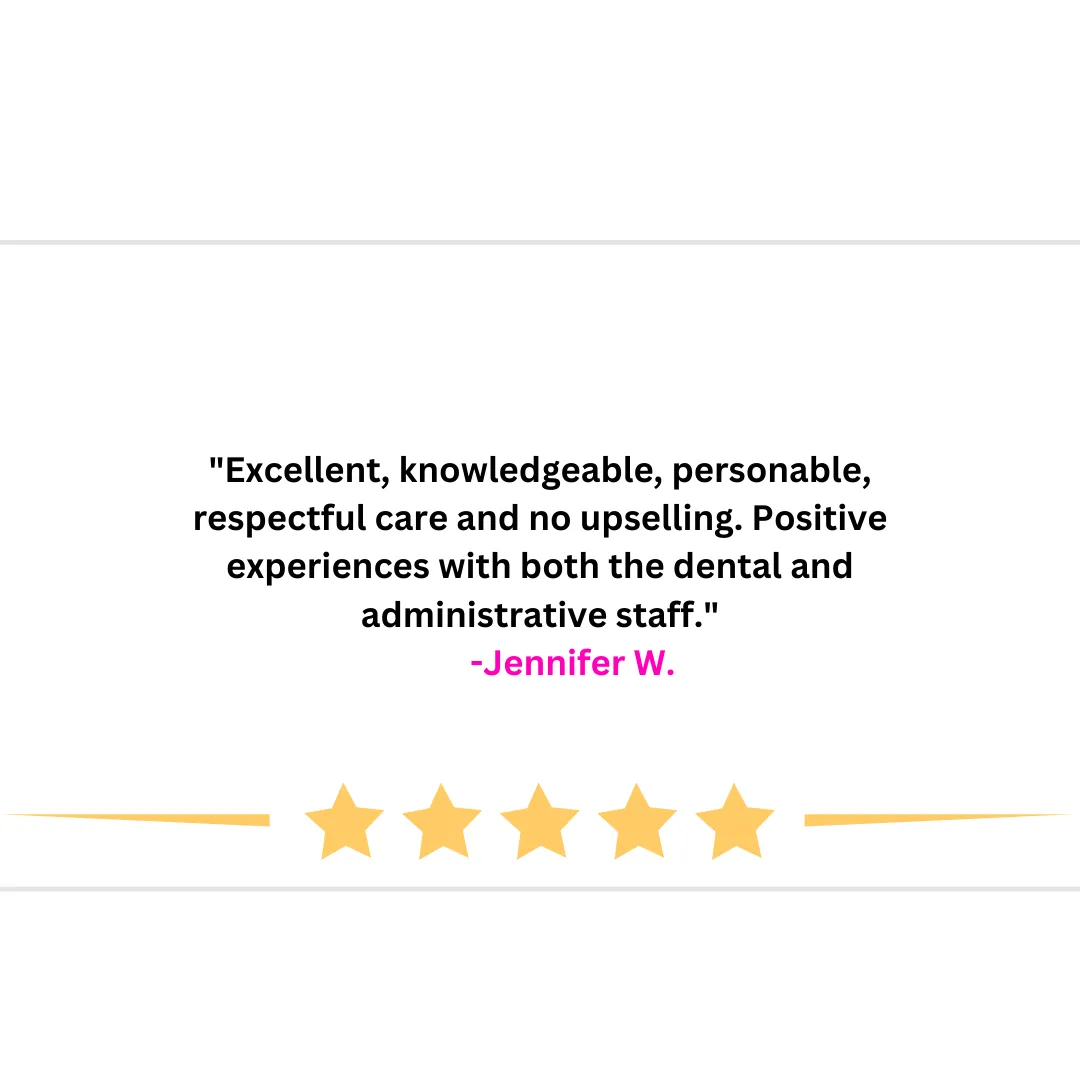
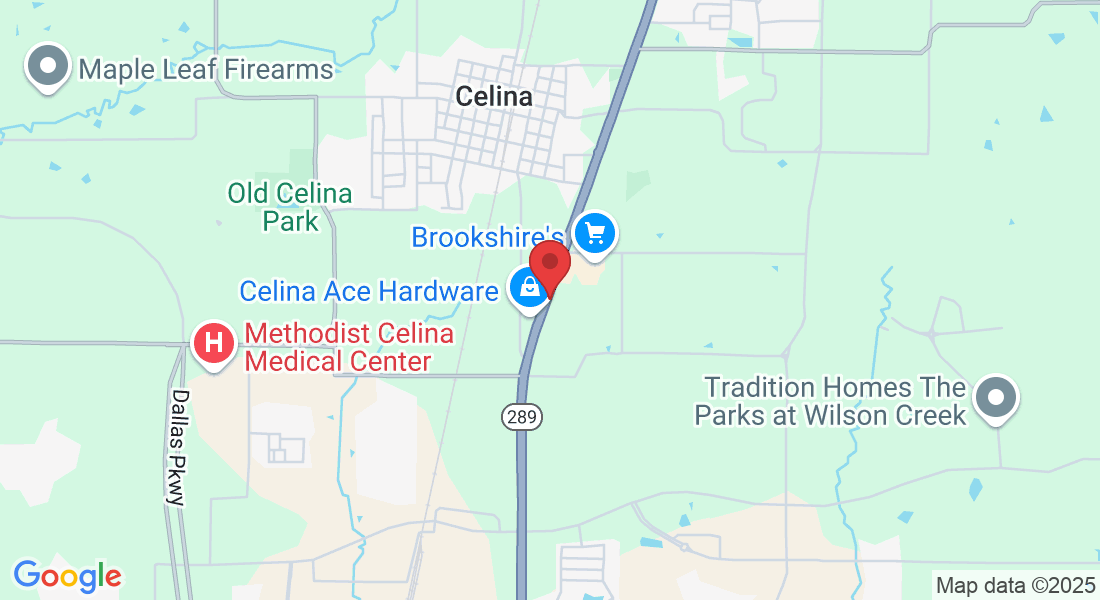
Facebook
Instagram